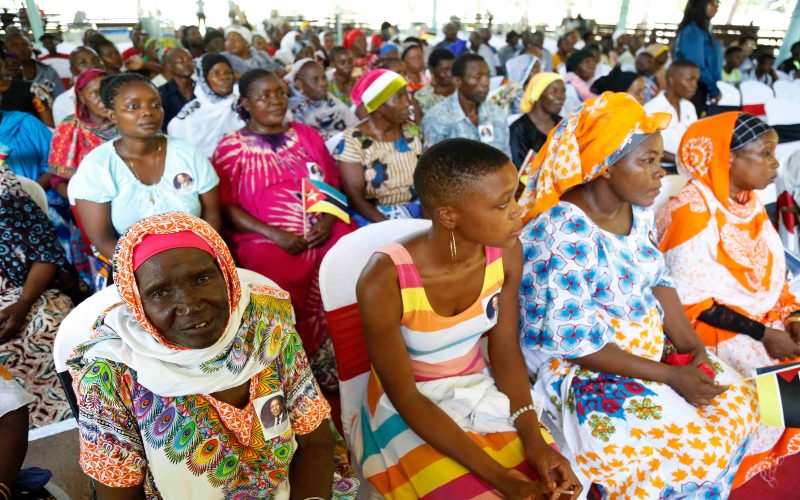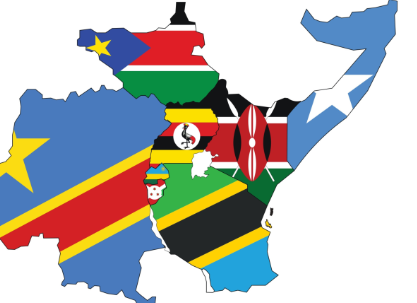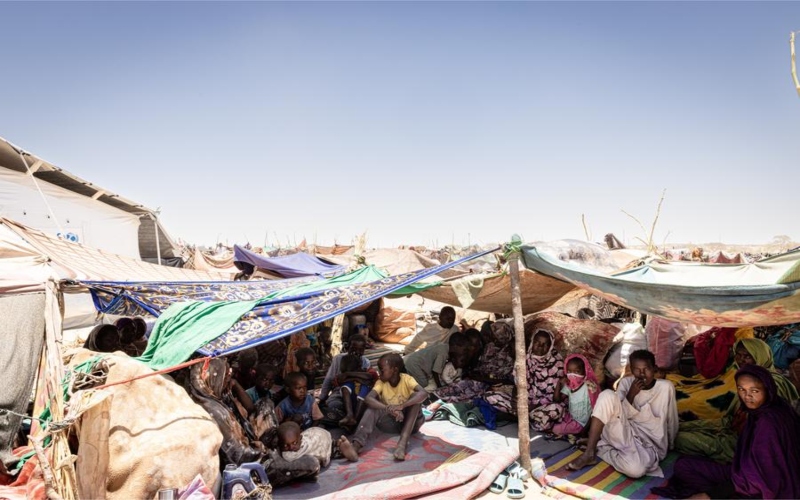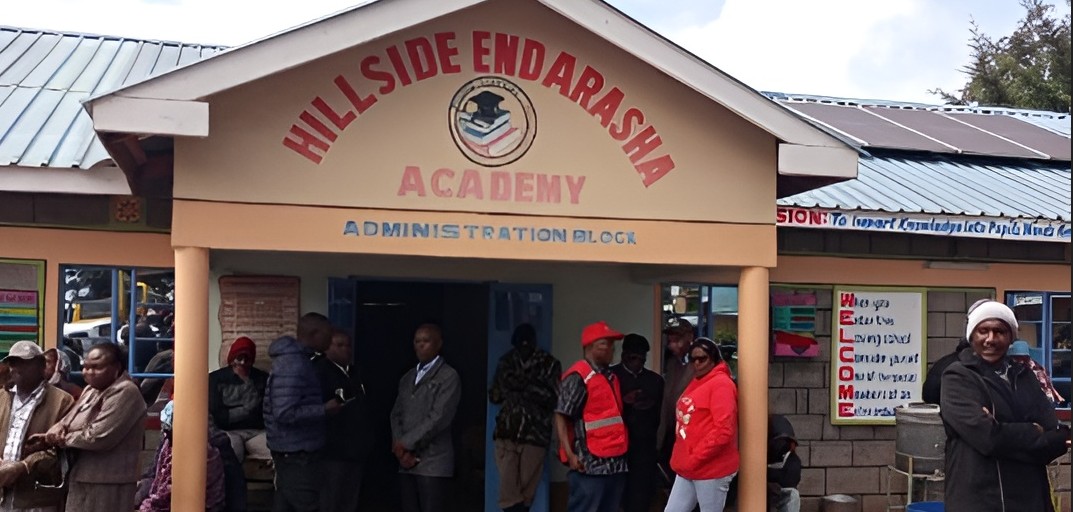Kenya’s care economy set for boost as policy nears approval
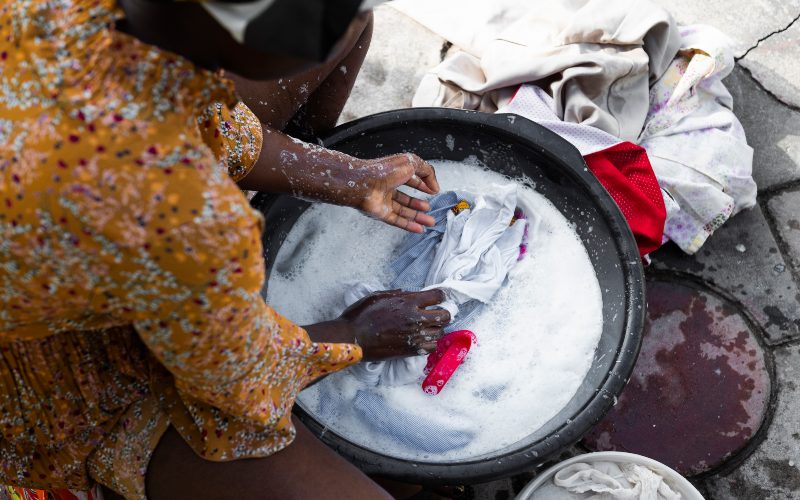
As Kenya moves toward a more inclusive and equitable society, the National Policy on Care represents a critical step in acknowledging the invisible labour that sustains families and communities.
Every day, millions of Kenyans, most of them women, rise before dawn to cook, clean, care for children, and tend to sick relatives.
This unpaid labour, though essential to the functioning of households and communities, remains largely invisible in national statistics and economic planning.
More To Read
- Top 10 largest African economies in 2025 by Gross Domestic Product (GDP)
- IGAD Chief urges action over irregular migration, joblessness in Horn of Africa
- IMF revises Kenya’s 2025 growth forecast upward to 4.8 per cent
- Funding cuts spark urgency in state corporation shake-up, says Parliamentary Budget Office
- Marsabit Senator urges Senate to resolve CHP payment delays, water project setbacks
- Profits from forced labour surge 37 per cent to Sh8.3 trillion worldwide, ILO report shows
Data indicates that unpaid care work contributes an estimated 7 per cent to Kenya’s Gross Domestic Product (GDP), yet it is not formally recognised in economic calculations.
However, a proposed National Policy on Care, currently awaiting Cabinet approval, could mark a transformative moment by integrating care into development plans and budgets, unlocking opportunities in the long-overlooked care economy.
The policy, drafted by a technical working group and validated by over 200 stakeholders, including representatives from national and county governments, labour, social protection, and the private sector, has been presented to the Cabinet.
Policy dialogues and dashboards were used to gather input and enhance effectiveness.
Systemic neglect
For Peter Ahango and Grace Akinyi, the policy could be life-changing. The couple has spent eight years caring for their daughter Hadassa, who was born with sickle cell anaemia and suffered a stroke at age seven.
The stroke left Hadassa unable to perform basic tasks independently, and her care needs now fall squarely on her parents. Grace, once a thriving businesswoman, had to abandon her work to support Hadassa’s daily needs.
“I tried employing a house help to take care of her while I ran around. That was not successful. The moment you mention you have a special needs child, the conversation ends. And if you manage to sustain it, the amount one asks as salary we cannot afford,” Grace narrates.
Ahango, the sole breadwinner, juggles the demands of providing for their four other children, managing household expenses, and securing Hadassa’s medication. “If the government sets up care centres or a social fund for caregivers, it would lift a huge burden off families like ours,” he says.
He also advocates for mental wellness checkups for caregivers. “I get overwhelmed. I know I need the services, even my wife needs them. The support group conversations during clinic visits with parents in similar situations are not enough. The problem is, we cannot afford counselling,” he adds.
The proposed policy, initiated in 2017, aims to address the systemic neglect of unpaid care work and its disproportionate burden on women. It acknowledges the significant need for care, especially for children, the elderly, and those with disabilities or long-term illnesses.
According to a Kenya National Bureau of Statistics (KNBS) time-use survey conducted in 2021, women spend five times more hours on unpaid care and domestic tasks compared to men. This imbalance leads to what experts call “time poverty,” limiting women’s ability to engage in paid employment, education, or rest.
“There was a needs assessment conducted by KNBS, which showed that about 19 million Kenyans, mainly children up to 13 years and older persons over 65, are in need of care. Most of this care is provided for free by women, but it does not reflect in the GDP,” explains Elizabeth Obanda, UN Women Kenya’s Team Leader for the Women’s Economic Empowerment Unit.
Gender-responsive budgeting
UN Women is engaging with county governments to promote gender-responsive budgeting and ensure care-related issues are reflected in local development plans. The organisation is working alongside the Government of Kenya to develop a policy document that addresses gender inequality and invests in care sectors. This collaboration aims to reduce women’s time poverty and support maternity and paternity leave.
Awareness campaigns about the policy have been conducted through TV, radio, and social media, reaching an estimated 6 million people. These campaigns aim to educate the public on the policy’s objectives and its impact on women, girls, and the care economy. Media engagements have helped elevate the conversation, making care work a national issue.
Private sector engagement is gaining momentum. Through the Women’s Empowerment Principles (WEPs), companies are adopting gender-inclusive practices such as lactating rooms and extended maternity leave. The number of WEP signatories has grown to 156, signalling increased commitment to gender equality in the workplace.
At the county level, tangible progress is being made.
In Kitui, Laikipia and West Pokot, projects have led to increased awareness and sensitivity around care work. UN Women says in these counties women successfully lobbied for and constructed a dispensary, reducing travel time for healthcare services. Male engagement in unpaid care duties has also increased through sensitisation and education, allowing women more time for economic activities.
Chrispine Afifu, senior gender specialist at the International Centre for Research on Women (ICRW), emphasises the need for institutional recognition of care work. “This work has long been seen as a woman’s duty, which is why it lacks policy recognition. It must be institutionalised,” he says.
Afifu believes that the policy’s inclusion in Kenya’s Vision 2030 signals a shift in government priorities toward gender equality and social protection.
The draft policy is expected to be discussed in Parliament soon, and stakeholders are hopeful it will be adopted and implemented without delay. Once in place, it could unlock new opportunities in the care economy, create jobs, and provide support systems for caregivers across the country.
It could also pave the way for better data collection, monitoring, and evaluation of care-related initiatives.
Top Stories Today
